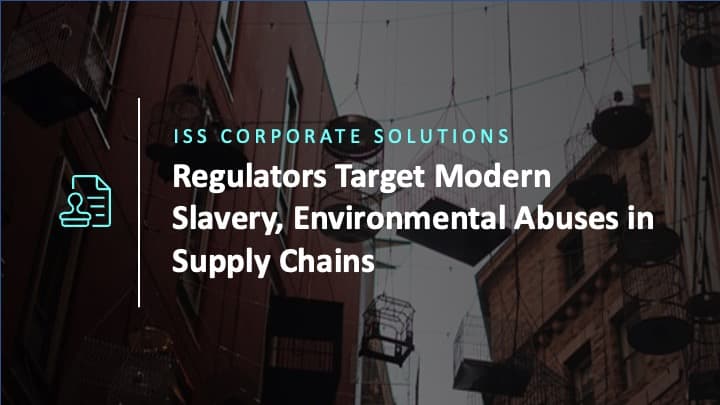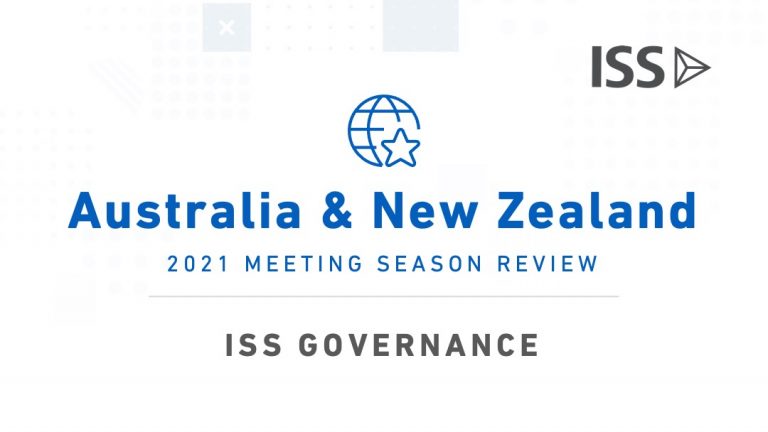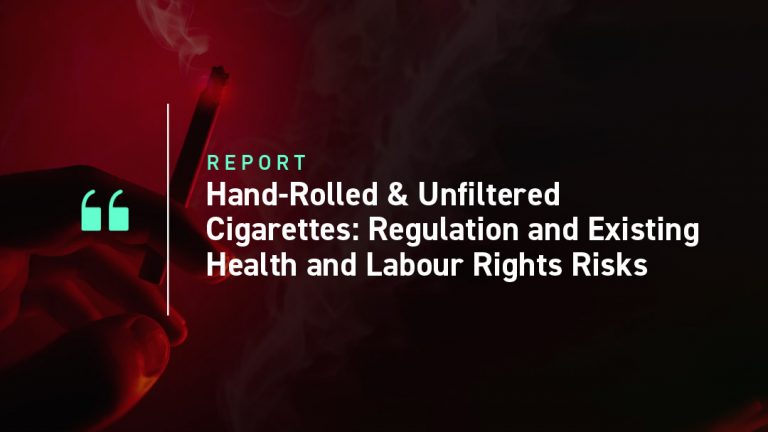Below is an excerpt from ISS Corporate Solutions’ recently released paper “Regulators Target Modern Slavery, Environmental Abuses in Supply Chains” The full paper is available for download from the ISS Corporate Solutions (ICS) online library.
Summary:
Regulators are increasing their scrutiny of corporate supply chains, pressing companies to take more responsibility for modern slavery, human rights abuses and environmental harm caused along their entire value chain. While some national rules impose hefty fines for non-compliance, others are voluntary or incentives-based, meaning that pressure isn’t being applied equally across the global corporate landscape. Nearly half of the publicly traded companies worldwide haven’t expressed a commitment to prohibiting the use of forced labor.
ISS Corporate Solutions examined the rapidly evolving corporate sustainability landscape, including national and international regulatory regimes, and how they influence the level of due diligence practiced by companies.
Key Takeaways
- Many initiatives cover social and environmental impacts along the full value chain, with a particular focus on direct and indirect suppliers
- Most regulations require accountability at the top, the development of public policies, robust due diligence procedures, access to grievance mechanisms, transparency regarding corrective actions as well as detailed disclosures
- Most regulations seek to incentivize performance improvements through disclosure obligations, yet proposed European regulation sets out broader responsible business conduct obligations
- Most regulations are mandatory and non-compliance can result in substantial fines and, in some cases, civil liability
- There are substantial similarities between regulations as most are based on the foundational concepts set out in the UN Guiding Principles on Business and Human Rights and further developed in the OECD Guidelines for Multinational Enterprises
Authored by:
Paul Hodgson, Senior Editor, ISS Corporate Solutions
Reinhilde Weidacher, Head of EMEA Solutions, ISS Corporate Solutions




